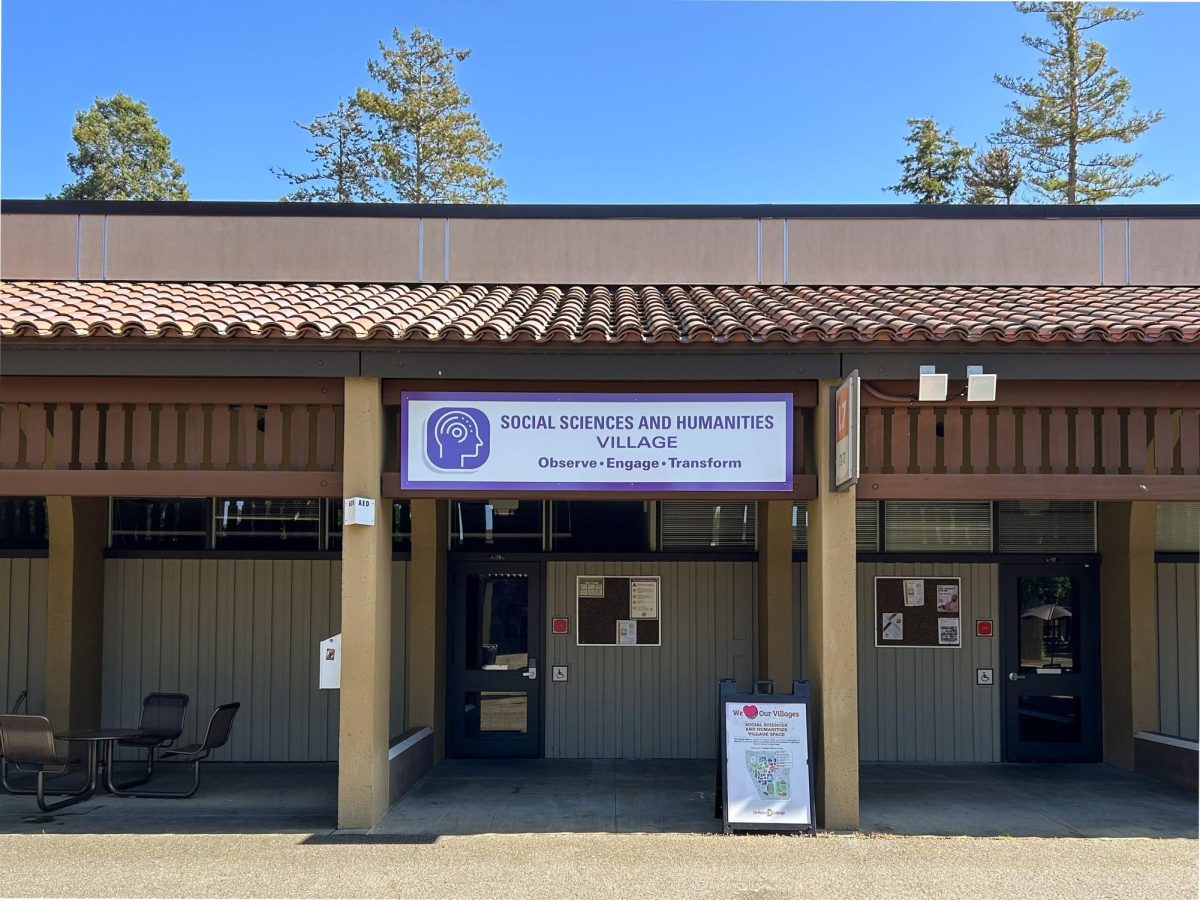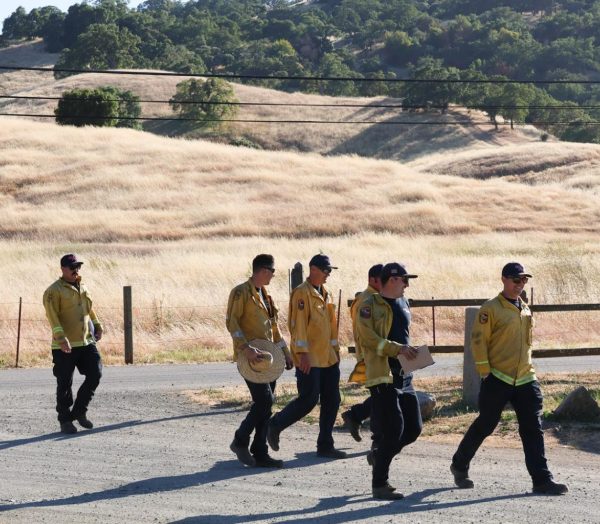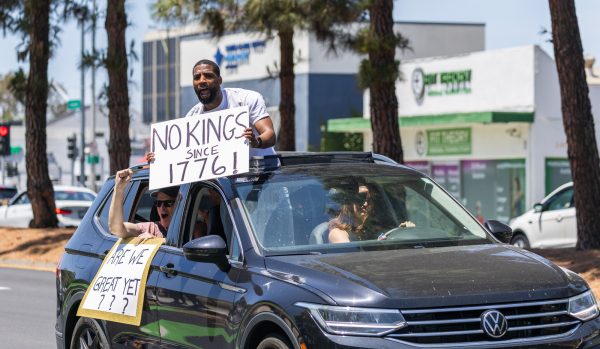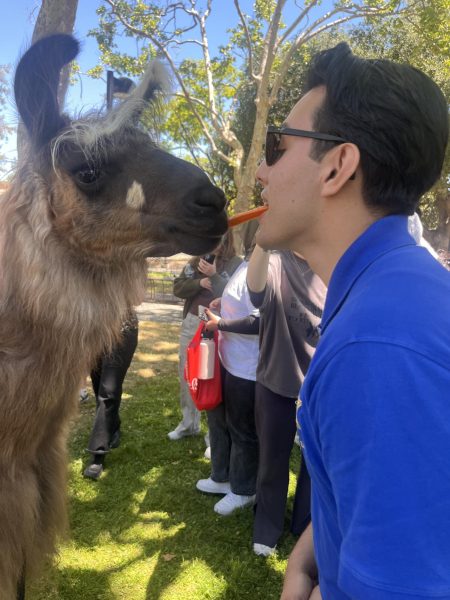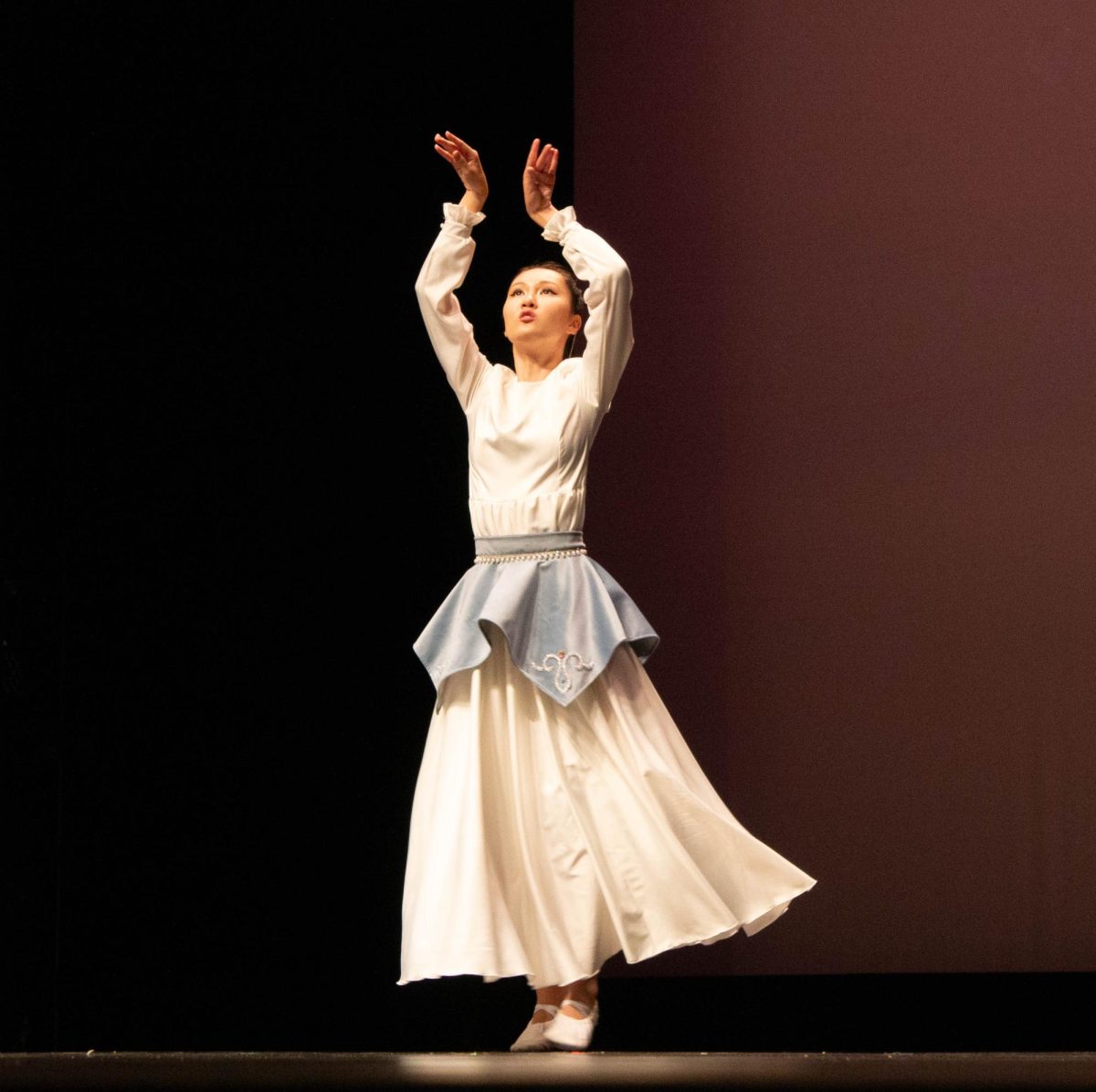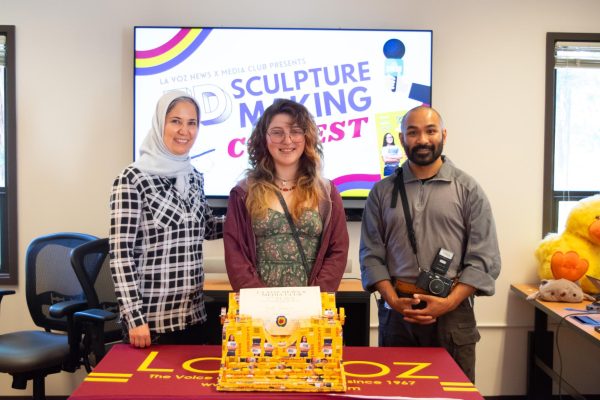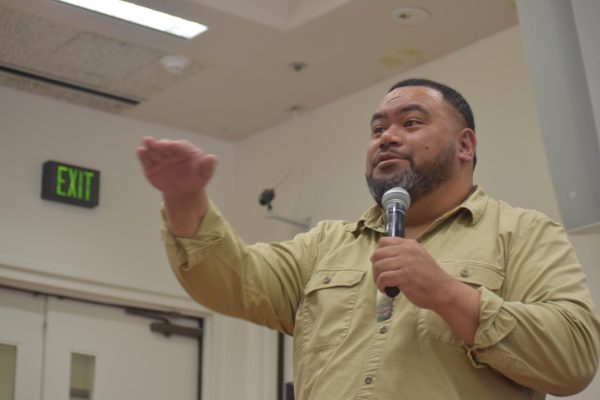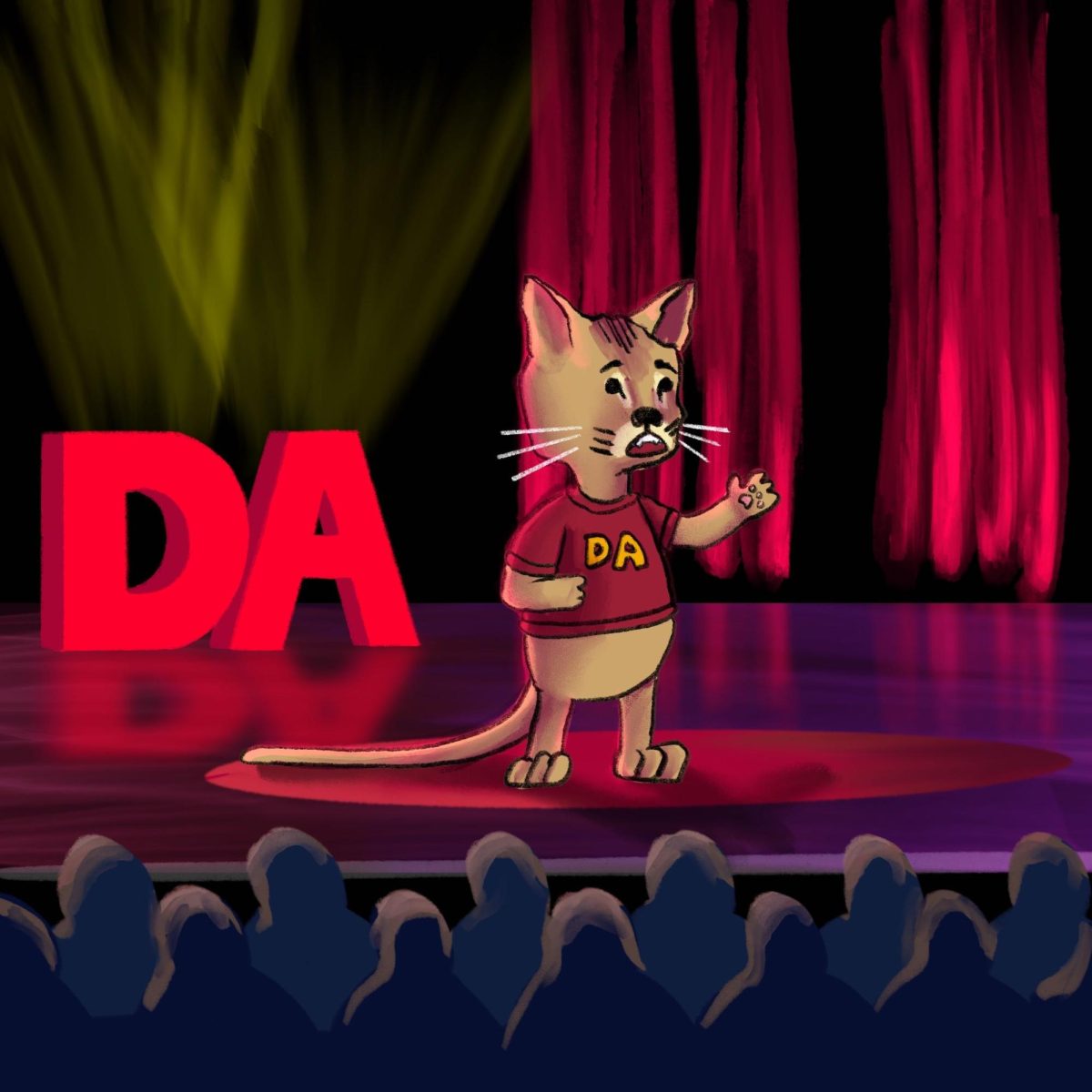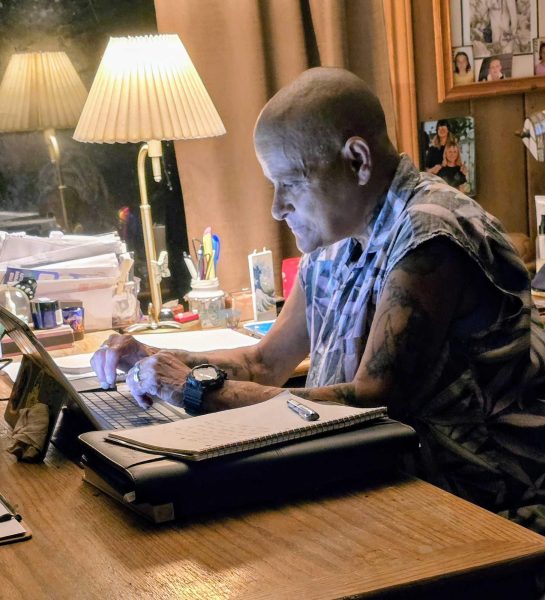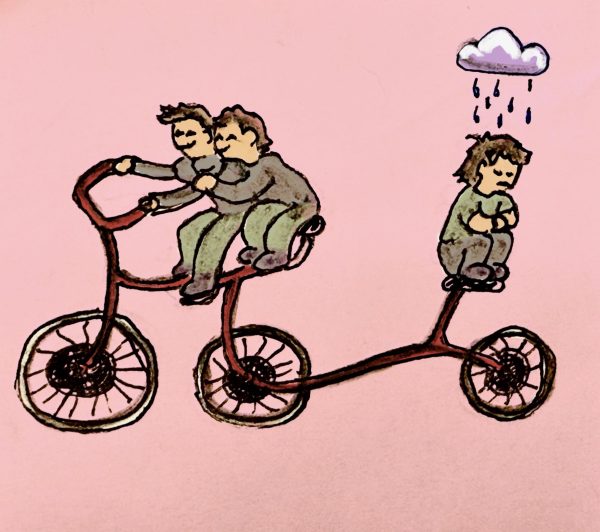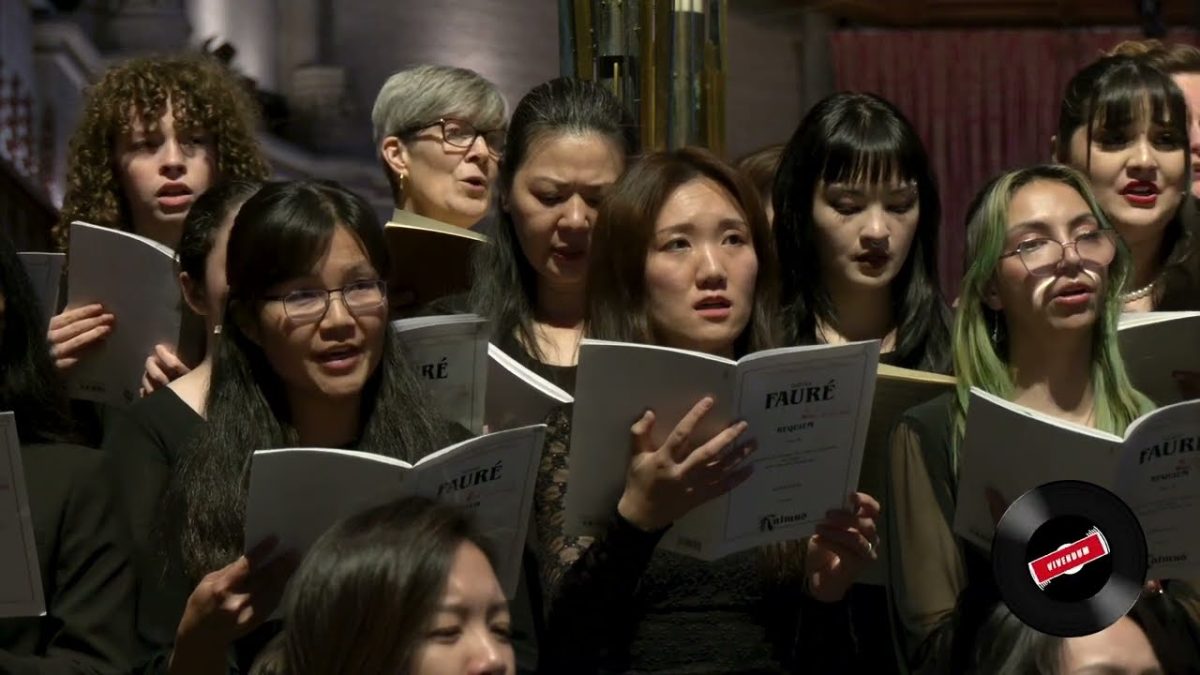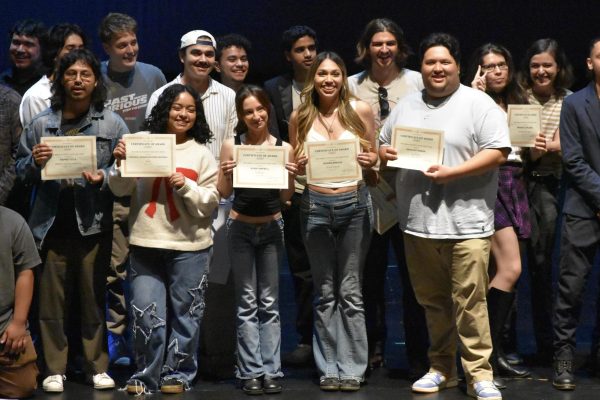Student trustee: DASB Senate issue is equity
October 23, 2016
The Foothill-De Anza Community College District’s
mission states: “We are driven by equity…” In my few
months of serving on the Foothill-De Anza Board of Trustees
I have come to see these values in action with the enduring
spirit of our students fighting against systems of oppression
and mobilizing to represent the underrepresented – even
when their voices are not welcome.
On Oct. 10, La Voz News reported on a DASB Senate
meeting’s discussion surrounding a budget request of
$7,000 for students of De Anza’s Umoja program. Umoja
aims to “assist African ancestry students in achieving
success” and would use the funds for
an upcoming conference. The funding
was approved after much deliberation,
but the prevailing issue was the
DASB Senate leadership’s disregard
for fellow community members and
their failure to listen to the voices of
concerned students.
Although La Voz depicted the
meeting as completely dysfunctional,
much of the debate that ensued was due
to the leadership in the DASB Senate’s
inability to recognize, acknowledge,
or empathize with those present at
the meeting. Though this leadership
issue has been brought to the public’s
attention in recent weeks, it has
actually been negatively affecting our
student government for months, caused
the resignation of many senators and
proved destructive to the well-being of
our students.
How can our students advocate for
equity when they are silenced by those
in power?
Despite the direct opposition
they faced, several students at the
aforementioned meeting showcased
De Anza’s strong-willed spirit. One
such student was 20-year-old cognitive
science major Ola Elatta, one of the
brave Umoja participants who spoke
during the meeting.
To some, the Oct. 5 meeting
“erupted into chaos” and portrayed
many students like myself who spoke
up as rude or volatile. To others, there
were abuses of power and a collective
effort of students who refused to remain silent in the face
of injustice. This sort of rhetoric – akin to the hostile,
alienating nature of this year’s presidential campaign – was
found unwelcome in our student government chambers.
Even though the meeting began in disagreement, it
ended with a unanimous vote to approve Umoja’s funding,
followed by emotional students embracing one another.
Elatta elaborated on the impact of the result: “DASB funding
Umoja means empowerment of our fellow community
members and connecting them with the resources they need
to advocate for the change they want.”
The need for equity is clear when looking at statistics
from De Anza College’s Office of Institutional Research
and Planning. African American students are more likely
to place into basic skills than college level for English
and math classes. Furthermore, our African American
continuing student headcount decreased by 9 percent over
the previous year. Also present during the meeting was
Vanessa Ochoa-Lara, a 25-year-old studying social work
who stated, “Overall, it was heartwarming to know we
have supportive communities on campus who want to see
us succeed.”
Elatta and Ochoa-Lara are just some examples of
uplifting students at De Anza driven by equity. When
we measure our success, it is not simply by a number or
scorecard. It is by the inspiring stories and bold actions
of our students, carrying forth our mission statement and
serving as a testament to the core values that makes our
college such a distinguished institution.









